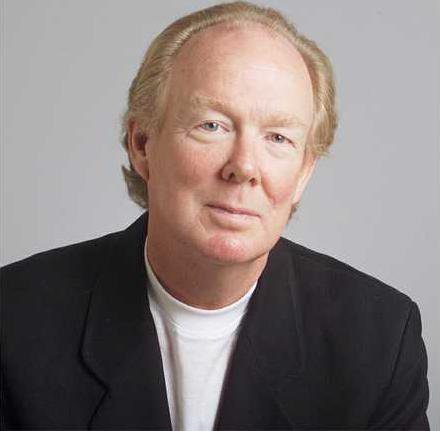I recently enjoyed the privilege of seeing and hearing radio talk-show host Dennis Prager speak on the topic of happiness. He only spoke for 20 minutes, but said more in that short span than most talk-show people are able to say in two hours.
He was talking to an audience about how to be a happy person and have a happy marriage. His message, in a nutshell, was that no one makes you happy. You make yourself happy and if you don’t accept full responsibility for that, you’re going to be miserable a lot.
Nearly everything Prager said was relevant to proper parenting. For example, as I have said for years, the attempt by parents to make a child happy robs the child of the fundamental right to learn to pursue happiness on his or her own. Once upon a time, it was called, simply, “standing on your own two feet.”
Almost invariably, people who don’t understand that happiness is a decision, the act of taking full responsibility for one’s own emotional condition, end up characterizing themselves as victims of social, cultural, financial, familial, and biological forces beyond their control. They tend to view life as a drama, a soap opera in which they are casualties (or always on the edge of casualty). In that regard, it is relevant to note that many of today’s youth seem to embrace that worldview. (Can you say “micro-aggressions”?) It is also relevant to note that most parents, when I ask them what their parenting goals are, say, “I want my child to be happy” as either goal one or goal two, which is proof that good intentions do not proper parenting make.
Prager also talked about feelings, which have been a mainstay of our cultural conversation since psychology became our dominant philosophy in the 1960s. He had the strength of conviction to say that when all is said and done, it does not matter how someone feels; what matters is how that individual treats other people.
That’s a bingo, and dovetails with what I tell parents as often as the opportunity presents itself: Proper parenting is an act of love for one’s neighbor. It is the act of training a child such that the child will treat other people properly and make America a better place. Phooey on an accumulation of athletic trophies, high self-esteem, academic accolades, getting accepted by the “right” college, going to medical school, becoming a mover-and-shaker within the Beltway and other equally materialistic parenting purposes.
In the final analysis, the only thing that matters is that a child grows up to be a good citizen, which is comprised of one-third self-responsibility, one-third compassion, and one-third the willingness to serve others.
The formula for raising said child is rather simple: Give to the child conservatively (gratefulness and unselfishness are inversely proportional to material acquisition). Assign the child household responsibilities, insist that they be done properly, and do not pay for said contributions (it’s called being a responsible family member as opposed to being an entitled family member). Love the child unconditionally and model love for others (the former without the latter turns the child into an idol). Discipline the child unequivocally (so that he learns self-discipline and can eventually appreciate the inestimable value of personal liberty).
As King Solomon wrote some 3,000 years ago, “train them up in the way they should go.” How that is done proves something else Solomon wrote: “There is nothing new under the sun.”
Family psychologist John Rosemond: johnrosemond.com, parentguru.com.








